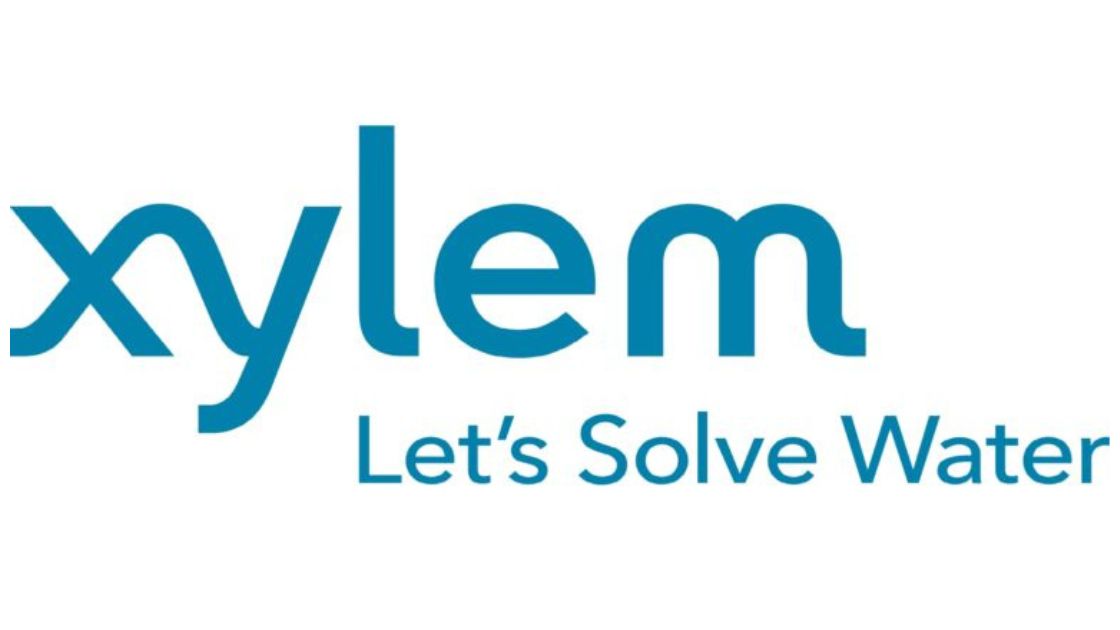The EPA estimates that between 4,100 and 6,700 public water systems serving up to 105 million people will be required to take action to reduce PFAS above the regulatory standards. As a result, the new rules have sweeping implications for water utilities that must reduce PFAS levels and meet new public disclosure requirements.
An innovative new mobile treatment system from water technology leader Xylem is enabling utilities to comply with these new standards. The MitiGATOR Mobile System can be quickly deployed to allow utilities to immediately begin reducing PFAS and other emerging contaminants on site. It can also be used to provide important technology performance data to help utilities select a more permanent solution.
The system uses granular activated carbon or ion exchange resins in specially designed vessels to mitigate contaminants. With remote monitoring capabilities, the ability to connect directly to source water, and a flow rate of up to 1,000 gallons per minute, the technology is an important solution that helps regulated entities comply with the new regulations.
“The EPA’s new national drinking water standard sets an enforceable limit on PFAS levels for the first time, and the implications for communities across the US are complex,” said Snehal Desai, Xylem’s Senior Vice President, Chief Growth and Innovation Officer. “With more than 10 years of experience deploying PFAS solutions, our technology and experience can help water utilities navigate these requirements from initial assessment and emergency treatment through to long-term treatment solutions. The MitiGATOR Mobile System is a vital new tool in enabling utilities to rapidly comply with the new regulations.”
The MitiGATOR Mobile System can be configured for use at sites including municipal drinking water systems, drinking water wells, and surface water. Enclosed and temperature controlled, the system can be deployed in any season and withstand harsh environments. It can also be provided as stand-alone treatment for contaminated water, or as part of a fully integrated treatment system.
PFAS are a category of manufactured chemicals that have been used in industry and consumer products for many years. PFAS have characteristics that make them useful in a variety of products, including non-stick cookware, waterproof clothing, and firefighting foam, as well as in certain manufacturing processes.
PFAS can enter the environment from multiple sources, and can have potentially harmful effects on human and animal health. As PFAS chemicals are resistant to breakdown in the environment, they can end up in the water sources that many communities rely on for drinking water.
Source: Xylem Inc.



